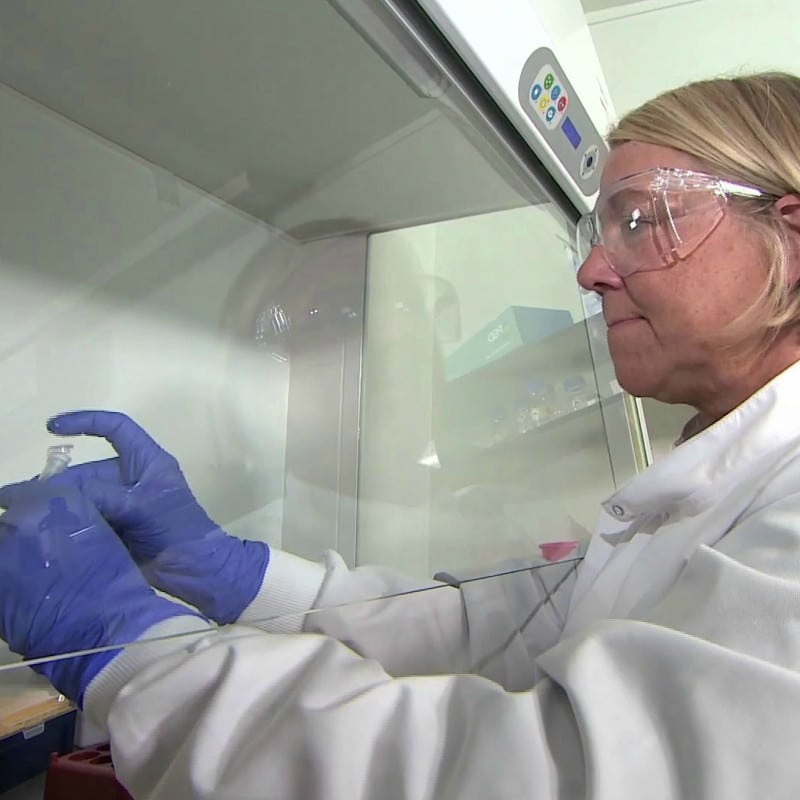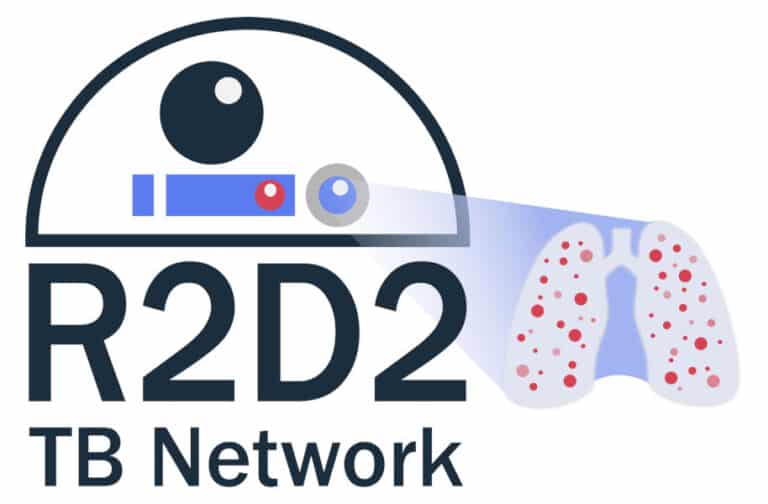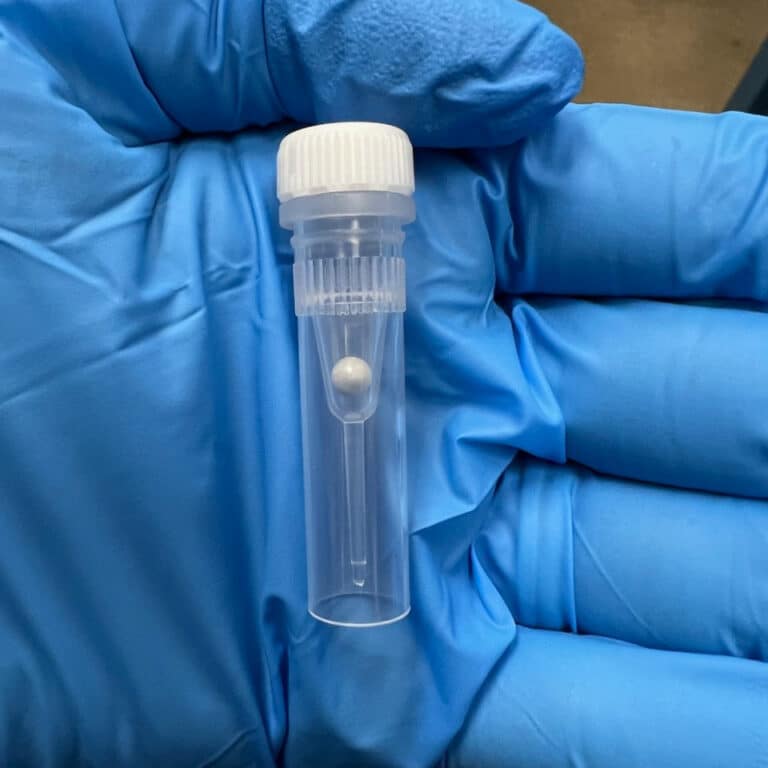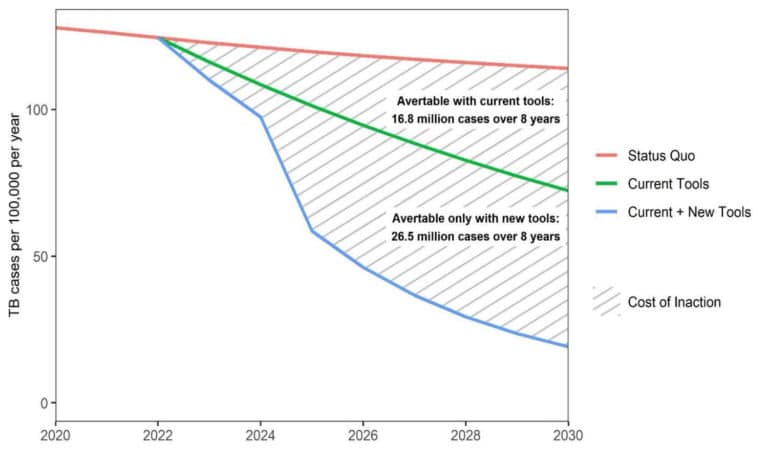The reasons for this are poorly understood, but now a proof-of-concept trial using Actiphage®, a novel blood test for human TB, has revealed new insights, according to research published in medical journal Clinical Infectious Diseases.
Early detection would enable better disease management
The trial took place across Leicester’s Hospitals, a city that has one of the highest TB rates in England with between 160 and 200 new cases identified each year. Around 65% of all cases require some form of invasive investigation to obtain the diagnosis.
The experimental study, carried out at the National Institute for Health Research (NIHR) Leicester Biomedical Research Centre (BRC) and the University of Nottingham’s School of Biosciences, used Actiphage to look for the presence of the bacteria that cause TB (Mycobacterium tuberculosis; MTB).
It involved 66 participants in four groups: those with active pulmonary TB, those with latent TB, a control group of patients referred for suspected TB but found not to have the disease, and a control group of healthy individuals. The new blood test was used to test all of the patients twice, 12 months apart.
None of the participants in the control groups tested positive with Actiphage and none of the patients with latent TB who tested negative with Actiphage went on to develop active TB.
Intriguingly, two of the three participants with latent TB infection who tested positive with Actiphage went on to develop the disease more than six months later, suggesting the test may have a predictive role in identifying people with the infection at risk of developing the disease.
Potential for development as mainstream diagnostic
Senior author of the paper, Dr Pranabashis Haldar, Consultant in Respiratory Medicine at Leicester’s Hospitals and Clinical Senior Lecturer at the University of Leicester, said, “TB is the leading cause of death from an infectious disease.
“It most commonly affects the lungs and from this site is transmitted to others by coughing and sneezing. As there is a lack of diagnostic tools for people unable to bring up sputum, diagnosis is delayed, increasing the likelihood that the disease is spread.
“Our observations provide new insights into how human TB develops and support recent evidence of the existence of a transitional state of TB infection called incipient TB that does not produce symptoms but carries a high risk of progressing to active TB.
“There is potential for Actiphage to be developed, both as a mainstream blood test to diagnose TB and as a test used in screening programmes to help us identify and treat people with latent infection.
“As a blood test, it is particularly suitable for patients unable to produce sputum, including children, and may help support diagnosis in underserved groups that struggle to access freely available healthcare resources.”
Specific bacteriophage rapidly identifies infection
The cause of TB is Mycobacterium tuberculosis (MTB), a slow growing bacteria that has tough cell walls. These factors have made it difficult to detect, but Actiphage uses a specific bacteriophage that infects live MTB and breaks open the cells to release DNA, which can then be identified.
The test, developed by the University of Nottingham in conjunction with the UK’s Royal Veterinary College, has been commercialised by PBD Biotech for major diseases in livestock, primarily as a blood or milk test for bovine TB and Johne’s disease. The whole testing process can be completed in as little 6 hours.
This is the first time the blood test has been trialled in humans.
Exciting development invites further study
Co-author Dr Ben Swift, co-founder of PBD Biotech and Research Fellow at the Royal Veterinary College, said, “Actiphage is novel blood test for TB and is being used for disease management within agriculture where early detection can prevent the unnecessary destruction of the herd.
“Within the human population it offers the potential to target those at risk of the disease and save lives.”
Commenting on the study, co-author Dr Catherine Rees, Chief Scientific Officer at PBD Biotech and Associate Professor in Microbiology at the University of Nottingham, added, “The data from our initial study in humans suggest that following infection, MTB is circulating in the blood at levels that were previously undetectable, and that the immune system may be failing to effectively contain the bacteria within the lungs.
“While we are cautious about generalising from a small sample size, we are optimistic that these initial findings indicate that Actiphage can be used as a tool to help us better understand the dynamics of the infection in humans.
“The new Actiphage blood test offers the potential to target those at risk of TB and allow treatment to start early. This is a very exciting development that invites further study.”
The paper, ‘A novel high sensitivity bacteriophage-based assay identifies low level M. tuberculosis bacteraemia in immunocompetent patients with active and incipient TB’, can be accessed online at Clinical Infectious Diseases.
Read all about it
Read more on this story, as reported on in leading global news sites GenomeWeb, EurekAlert!, Medical Xpress, Medical Device Network and Select Science amongst others.






